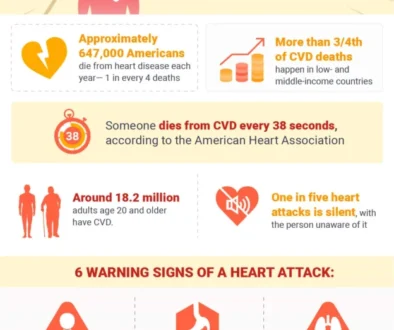Nothing Fishy About Eating Fish
By: Dr. Aparna Mele
Fish are an overlooked food source for many people. There are dozens of varieties of fish, with a variety of flavors and cooking styles to suit any taste.
Eating fish is a great alternative to eating red meat, potentially providing a broad range of health benefits — from heart health to improved symptoms of depression. Fish is a low-fat high quality protein filled with omega-3 fatty acids and vitamins such as D and B2 (riboflavin) Fish is rich in calcium and phosphorus and a great source of minerals, such as iron, zinc, iodine, magnesium, and potassium. The American Heart Association recommends eating fish at least two times per week as part of a healthy diet.
Health Benefits
The vitamins, minerals, and fatty acids in fish can provide significant health benefits. The vitamin B12 found in fish is crucial for the growth of healthy red blood cells, DNA reproduction, and nerve function. Consuming enough vitamin B12 is linked to a lower risk of dementia and heart disease. A lack of vitamin B12 is also connected to problems like chronic fatigue and anemia. Fish contains nutrients that are extremely beneficial in helping athletes recover from fatigue and help in muscle regeneration. A study published in Sports Medicine showed that vitamin D and omega-3 fatty acids, which are heavily prominent in most fatty fish, play a big role in post-exercise muscle regeneration and fatigue recovery. Fish’s omega fatty acids may prevent inflammation and reduce the risk of arthritis.
Eating fish is an important source of omega-3 fatty acids. These essential nutrients keep our heart and brain healthy. Two omega-3 fatty acids found in fish are EPA (eicosapentaenoic acid) and DHA (docosahexaenoic acid). Our bodies don’t produce omega-3 fatty acids so we must get them through the food we eat. Omega-3 fatty acids are found in every kind of fish, but are especially high in fatty fish. Some good choices are salmon, trout, sardines, herring, canned mackerel, canned light tuna, and oysters.
Omega fatty acids: These fats are important for maintaining brain health. Having a low blood level of omega-3 fatty acids has been connected to accelerated brain aging, including symptoms like memory loss and cognitive impairment, and may decrease the risk of depression, ADHD, Alzheimer’s disease, dementia, and diabetes. In fact, these low levels of omega fatty acids have been linked to brain shrinkage during aging. DHA is especially important for children, women of childbearing age, and pregnant and breastfeeding women because it is essential for brain and eye development. Omega-3 fatty acids are not made by the human body so they need to be included in diet.
Omega fatty acids have also been connected to a lower risk of heart disease. Omega-3 fatty acids appear to be connected to preventing and reducing coronary heart disease when consumed regularly. These fatty acids minimize coronary plaque, lower triglyceride levels, lower blood pressure and reducing the risk of sudden death, heart attack, abnormal heart rhythms, and strokes.
Mental health can also benefit from omega fatty acids. Omega-3 fatty acids have been firmly linked to a reduction in symptoms of depression. Omega fatty acids have been associated with the increased effectiveness of some anti-depressant medications, possibly because these fats help your brain function more efficiently.
Nutrition
Fish are a great source of protein, which is critical to maintaining healthy muscles, organs, and blood vessels. Protein helps support cell division, hair growth, and even hormone signaling. It’s used by every system of the body in one way or another.
Fish is also rich in iodine, which is a vital mineral that the body can’t produce on its own. Iodine is important to the function of your thyroid, which controls things like your appetite and your immune system. Fish in general are also a good source of nutrients like:
Keep in mind however, that consuming fish high in contaminants can negatively impact the human body. Individuals should reduce their exposure to damaging contaminants by following fish consumption advisories. If possible, choose wild-caught fish rather than farmed. Wild fish tends to have more omega-3s and is less likely to be contaminated with harmful pollutants.
Fish is delicious and easy to prepare. For this reason, it should be relatively easy to incorporate it into your diet. Eating fish one or two times per week is considered sufficient to reap its benefits. This summer, keep your meals light and healthy with flavorful fish!



